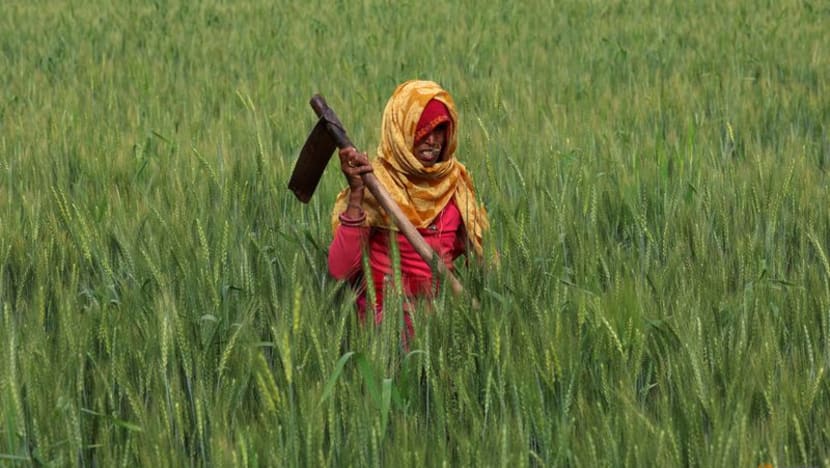

India has adamantly vowed to protect its farmers in the face of increasing tariff threats, primarily from the United States, due to a complex interplay of economic, social, and political factors. This commitment reflects the country's deep-seated concerns about safeguarding its agricultural sector, which employs a significant portion of its workforce and is crucial for national food security.
One of the primary reasons behind India's firm stance is the need to protect its farmers from potentially devastating competition from heavily subsidized agricultural producers in the US. American farmers often benefit from substantial government support, enabling them to offer products at lower prices. This could undercut Indian farmers, leading to job losses and economic hardship in rural communities, where agriculture remains the primary source of income for millions.
India's agricultural sector is particularly labor-intensive, with over 40% of its workforce engaged in farming activities. Opening up the market to cheaper imports could displace a large number of these workers, creating social and economic instability. The government is wary of the potential for social unrest if farmers' livelihoods are threatened.
Moreover, India has concerns about the types of agricultural products the US is seeking to export. The US has been pressing India to open its markets to a wide range of American products, including poultry, dairy, and genetically modified (GM) corn. India has resisted these demands due to concerns about the health and environmental impacts of GM crops, as well as cultural sensitivities surrounding dairy products made using animal by-products. Allowing imports of US ethanol could also undermine India's biofuel program.
The political dimension of this issue cannot be ignored. Farmers constitute a significant voting bloc in India, the world's most populous nation. Any policy that is perceived as detrimental to their interests could have serious political repercussions for the ruling government. This makes it politically imperative for the government to stand firm in protecting farmers' interests.
India's stance is also influenced by its broader trade strategy and its desire for fair and mutually beneficial trade partnerships. While India is open to negotiations, it is unwilling to accept terms that threaten domestic livelihoods or its regulatory autonomy. India has signaled a shift towards a more assertive role in global trade, challenging the US approach and emphasizing the importance of respecting its sovereign choices. The government has made it clear that it will not sign deals under deadlines or pressure.
The ongoing trade disputes and tariff threats have the potential to negatively impact India's economic growth. Economists have warned that increased tariffs could hurt India's manufacturing ambitions and trim economic growth. The US currently has a trade deficit with India.
In conclusion, India's commitment to protecting its farmers in the face of tariff threats is rooted in its concerns about economic stability, social welfare, food security, and political considerations. The government is determined to safeguard the interests of its agricultural sector and ensure that any trade agreements are fair and beneficial to the country as a whole. This stance reflects India's evolving role in the global trade landscape and its determination to assert its sovereign choices.